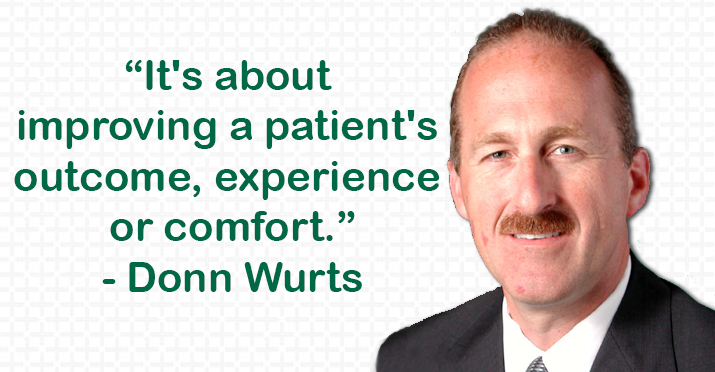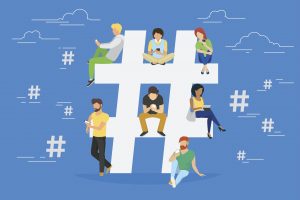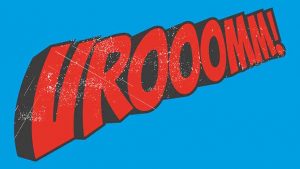- What attracted you to a career in health information technology?In college, I started in chemical engineering and ended up in computer science. Then, I worked in technology and sales and ended up working in IT, then clinical IT. Each decision created an experience base I could draw upon. When I ended up in healthcare IT, I found a passion as well as a career. In my own way, I can see the problems and challenges in healthcare and am continually looking for ways to solve them.
- What do you enjoy most about working in health IT? Where do you draw inspiration from?Earlier in my career, I worked in manufacturing. I was looking for a new more challenging opportunity and thought a move into healthcare could give that to me. I figured the technology would be more advanced, however what I found was an industry on the cusp of technology adoption. There was a big push to automate processes and clinical systems in order to move from paper-based methods. However, I found that healthcare IT isn’t just about improving processes or automation (although that is important) — but at the end of the day, it’s really about improving a patient’s outcome, experience or comfort.The vision of this industry affects your family and mine in respect to better care, lower costs and an improved quality of life. I’m excited about the progress healthcare technology generates and am always looking forward to seeing and helping to develop what’s next.
- How did earning a degree help you achieve your career goals? What is the most rewarding thing about higher education?I started my college efforts in chemical engineering, and as part of those efforts, I was able to do some simulation work on an old Fortran system (go ahead and Google it.) What I found really excited me, so after a couple years into chemical engineering I switched to computer and information science. I proceeded to follow that path for many years at night to complete my degree. Through achieving the degree, I was able to learn about a vast, well-rounded collection of information and skills that I am able to look back on now and draw upon when I need them. The education I received helped me relate to the bigger picture and understand some of the challenges ahead, not just the task at hand. Technical abilities can only take you so far, business skills, economics, world history, art and culture are the additional skills it takes to participate in a global market.
- What advice or recommendations would you have for IT professionals/college students of IT considering a job in the healthcare industry?Buy a suit! Present the person you want to be. Donate your time at a hospital, it will connect you to the industry, make you feel good — and sometimes — opportunities will present themselves. Hang around with smart, experienced people and learn from them. Don’t be afraid to take chances. Make mistakes, own your mistake and learn from it. Work hard, learn the ropes from the ground up – remember, grunt work builds character, and when you lead people, you can understand their perspective.Keep educating yourself. Be part of the industry; participate in local events, meetings and get together, it’s not just a day job! Be on call, 24 hours a day (for at least part of your career); and understand the impact of a technology outage! Most importantly, find a mentor who you respect that will challenge you to achieve. We all get complacent, it’s human nature. The only way to improve this industry and yourself is by challenging that complacency, that old method, that status quo to find a solution, and come up with that next innovation.
- How does the business you conduct contribute to the benefit of society?I was given an opportunity by Waheed Choudhry, who was at that time the regional leader at Nexus (now Dimension Data) who had a vision around starting a practice focused on healthcare. Thinking back to my education and what I had learned through my career, I was both excited and of course nervous about this new venture. I dove in, and last year we as an organization worked with over 200 hospitals to help share and improve their IT performance. We also created service capabilities in monitoring at-risk patients.
- What is something only someone working in health IT would understand?I have collected a number of sayings that I like to repeat. They characterize the challenge ahead — I’ll share a few… “If you have seen one hospital, you’ve seen one hospital.” They have all grown up in their own way, with their own processes, engagement methods and facility layouts. Therefore, the systems and solutions you would need to service that individual hospital to enable change or success are different from what you might do at another.Lastly, as you think about the critical nature of the work that is done, “you can recover a transaction, you can’t recover a life.” The work clinical IT people do has an impact — both good and bad. The diligence in understanding what you are doing and who it will directly impact needs to be understood.
As my parting thought, we tend to think everything is new, everything is different. Sometimes we need to step back and see the big picture. A neighbor of mine who happens to be a physician asked me what I did for a living. I proceeded to tell him about telemedicine and everything it could do…. He thought for a moment, and then quipped back. I have been practicing telemedicine for 30 years! He held up his phone and stated "Hello, this is Doctor Weston."



